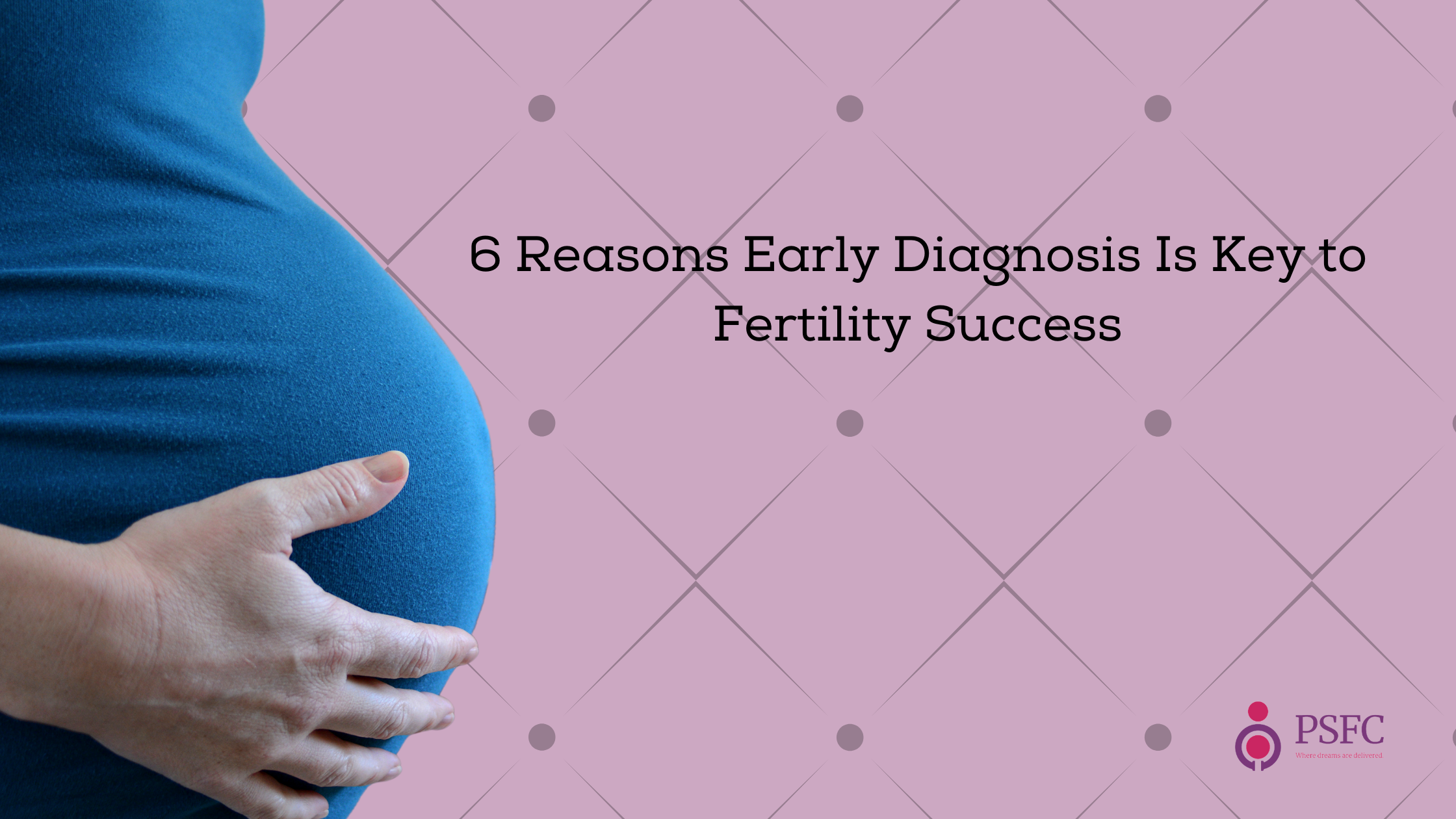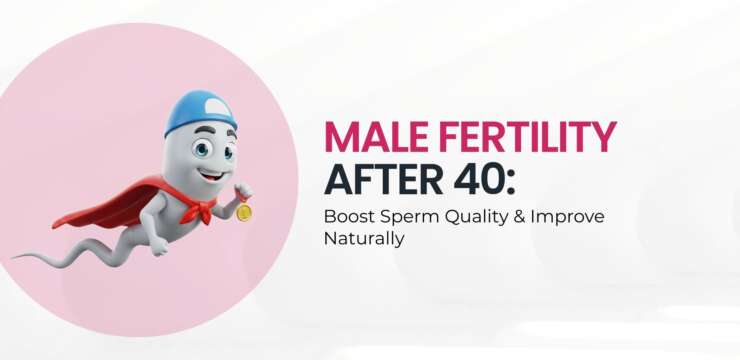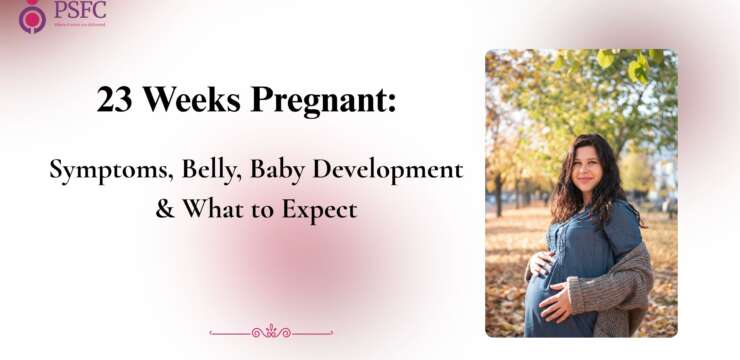Introduction
Fertility struggles affect millions of individuals and couples worldwide, but early diagnosis can significantly improve the chances of achieving parenthood.
Understanding and addressing potential fertility issues early paves the way for timely interventions and effective treatments.
In this article, we explore six compelling reasons why early diagnosis is crucial for fertility success.
1. Identifying Hormonal Imbalances Early
Hormonal imbalances are one of the most common causes of fertility issues. Early testing for key hormones such as follicle-stimulating hormone (FSH), luteinizing hormone (LH), estrogen, and progesterone can reveal underlying conditions like Polycystic Ovary Syndrome (PCOS), luteal phase defects, or premature ovarian insufficiency.
For instance, low progesterone levels can indicate issues with the luteal phase, leading to difficulties in implantation or early pregnancy loss. By diagnosing these issues early, doctors can recommend tailored treatments, such as hormone therapy or ovulation-stimulating medications, to enhance fertility outcomes.
Proactive management of hormonal health is foundational to fertility success.
2. Detecting Ovulation Irregularities
Ovulation irregularities are another significant barrier to conception. Tracking ovulation through tests that measure the LH surge or basal body temperature can help identify issues such as anovulation (lack of ovulation) or irregular ovulation cycles.
Pinpointing ovulation problems early allows couples to time intercourse or intrauterine insemination (IUI) more effectively. Additionally, fertility treatments like Clomiphene Citrate or Letrozole can help stimulate ovulation. Early intervention ensures that ovulatory disorders don’t become a long-term obstacle to achieving pregnancy.
3. Assessing Ovarian Reserve
Ovarian reserve refers to the number and quality of eggs remaining in a woman’s ovaries. Tests like Anti-Müllerian Hormone (AMH) levels and Antral Follicle Count (AFC) via ultrasound can assess ovarian reserve and provide a clear picture of reproductive potential.
Early evaluation is particularly important for women over 35, as age-related fertility decline can occur rapidly. If low ovarian reserve is detected, options like egg freezing or in-vitro fertilization (IVF) can be pursued before the reserve diminishes further. Early diagnosis ensures that women can take timely action to preserve their fertility orelse they can make use of fertility treatment.
4. Tailoring Assisted Reproductive Technologies (ART)
For many couples, assisted reproductive technologies like IVF and IUI offer a pathway to parenthood. However, the success of these treatments depends on a thorough understanding of the underlying fertility issues.
Early diagnostic tests provide crucial insights, such as sperm quality, uterine abnormalities, or endometriosis, which can impact treatment plans. For example, women with blocked fallopian tubes may benefit from IVF directly, while those with ovulation disorders may first try ovulation induction. Personalizing ART strategies based on early diagnosis can significantly improve success rates.
5. Reducing Emotional and Financial Stress
Fertility challenges often bring emotional and financial burdens. Uncertainty about the cause of infertility can exacerbate stress, while repeated failed attempts at conception can be disheartening.
Early diagnosis eliminates much of this guesswork by identifying the root cause of fertility issues. Armed with this information, couples can focus on targeted treatments, reducing the time and cost involved in the journey to parenthood. Moreover, having a clear plan can alleviate emotional stress, fostering resilience and optimism.
6. Managing Age-Related Fertility Decline
Age plays a critical role in fertility. Women experience a natural decline in both the quantity and quality of eggs as they age, particularly after 35. Early diagnosis helps women understand their reproductive timeline and explore options like egg freezing, IVF, or donor eggs if necessary.
By acting early, individuals can mitigate the challenges posed by age-related fertility decline. Early interventions offer a broader range of options, ensuring that couples can make informed decisions about their reproductive future.
Additional Benefits of Early Diagnosis
Beyond the primary reasons outlined above, early diagnosis offers other significant advantages:
- Addressing Male Factor Infertility: Comprehensive evaluations can detect issues like low sperm count or motility early, enabling treatments such as Intracytoplasmic Sperm Injection (ICSI).
- Preventing Recurrent Miscarriages: Early identification of conditions like uterine abnormalities or blood clotting disorders can prevent repeated pregnancy loss.
- Optimizing Overall Health: Fertility evaluations often uncover broader health concerns, such as thyroid disorders or diabetes, which can impact conception and pregnancy.
Conclusion
Early diagnosis is the cornerstone of fertility success. By identifying potential issues early, individuals and couples can access targeted treatments, optimize their reproductive health, and increase their chances of achieving parenthood.
If you’re experiencing difficulties conceiving, don’t wait consult a fertility specialist today to take the first step toward your journey to parenthood.
Looking for the best fertility treatment in Chennai?
Pearl Singapore is the right place!




